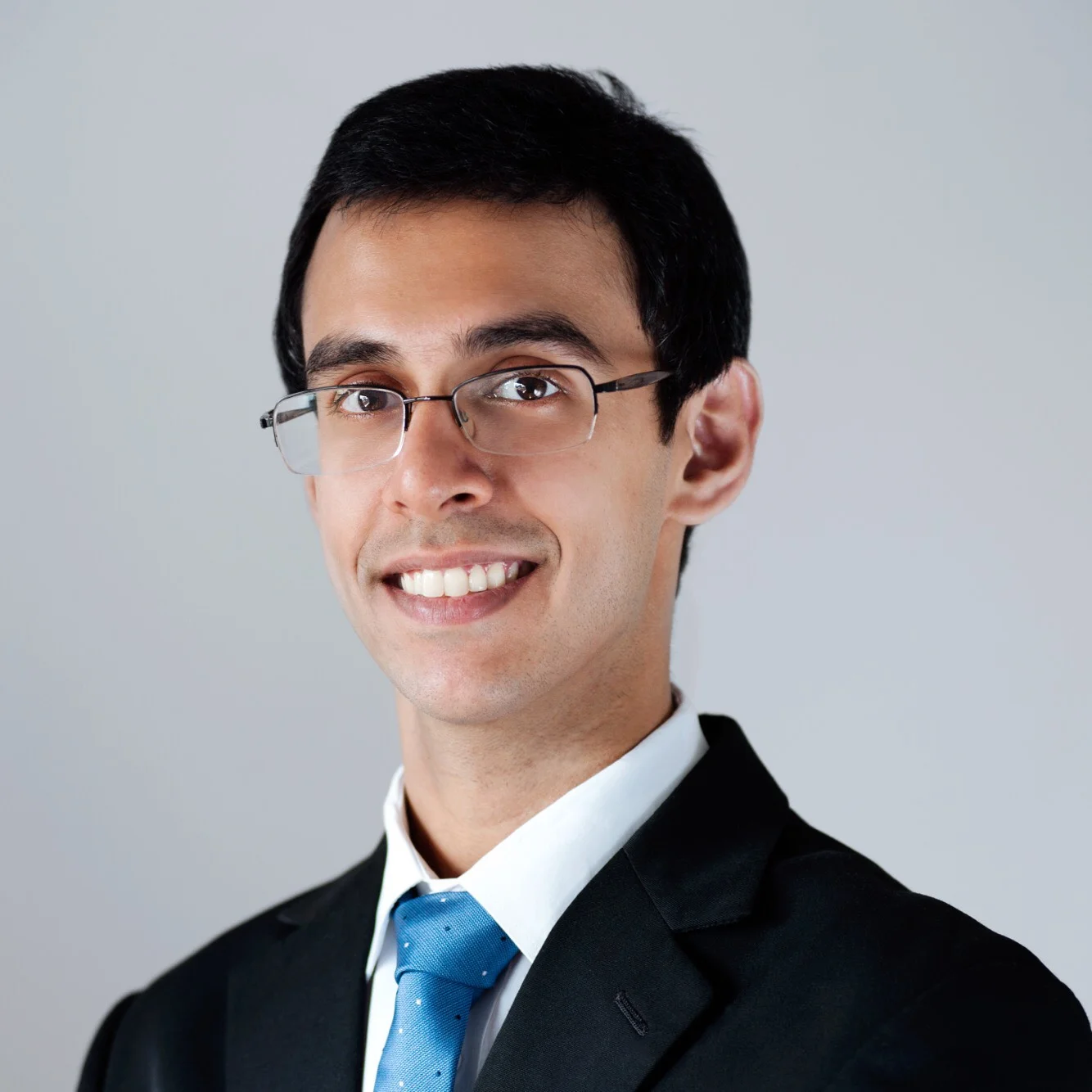Scholar Update: Abhinav Sekhri
Abhinav Sekhri was awarded an Inlaks scholarship in 2017. He is a lawyer, primarily practising criminal law in New Delhi. He regularly writes about Indian criminal law and procedure in scholarly journals, newspapers, and at www.theproofofguilt.blogspot.in. Views are personal.
Most law students are introduced to an adage quite early on in the course of their education: the life of the law is not logic but experience. The wisdom behind these words becomes clearer to me as I trudge along my own personal journey in the legal profession, which began over a decade ago.
Since the end of my undergraduate legal education, the idea of learning from lived experiences grabbed a strong hold on me, and I wanted to jump into the practice of law as quickly as possible. So, rather than pursue a graduate degree, I jumped at the chance to join the chambers of an accomplished litigating lawyer in New Delhi to learn the practice of criminal law and procedure.
The experience fundamentally transformed the way I saw the dry text of the law. The two dimensional worldview of textbooks came alive in the three-dimensional reality of the police station, the prison, and the courtroom. Listening to some very good advice, I made sure to keep observing, and keep questioning, my context. I tried my utmost to understand why things around me were happening as they were, rather than simply go with the flow.
The persistent questioning encouraged me to write about my doubts and run a blog and comment upon the system. But after a few years I began to realise that many of my questions about the legal system in India, were not limited to the legal system in India, but in fact touched upon similar struggles in the law that many other countries had already seen. For instance, I saw that the United States and England had also witnessed immense legal and political debate surrounding the right to silence for criminal defendants, much like what has happened in India since 1950.
This curiosity ended up in my applying to, and being accepted for, the graduate program at Harvard Law School. A mixture of the same curiosity, coupled with hard work and a healthy dose of luck, resulted in my being selected as an Inlaks Scholar for 2017-18, which made it possible for me to pursue my studies abroad. The experience was phenomenal in parts, underwhelming in others, and yet, ended up transforming my outlook of the legal system.
Discussing the problems afflicting legal systems and imagining their solutions in a classroom of different nationalities and extremely diverse experiences forced me to reconsider the many comfortable assumptions about the law I had grown used to over the years. I began to cherish the simple joy of being lucky enough to live in a country with a settled political system and government, albeit not immune to the rising tide of anger, hate, and polarisation, that is currently being witnessed across the globe. The graduate program at Harvard also forced me out of my comfortable stupor, where some injustices were simply accepted as the price one must pay to run a gargantuan legal system. This fatalistic pragmatism, so attractive, blinds us to the value of each individual life and opens the door for clouds of tyranny to cover our sky.
In terms of my work, my legal training in the graduate program oriented me to look at systems more holistically, and thus helped me ask sharper questions and also imagine more workable solutions. I can safely say that without spending many hours debating the merits and demerits of Sentencing Law and Policy at Harvard, I would have continued to think that India’s problem of judicial delays could be solved by simply adding my judges to the table rather than changing the legal procedures that underpin what happens in our courtrooms. Similarly, my fortuitous internship with a trial court judge in Boston opened me up to seeing the American jury system in action on a daily basis, and enabled me to breathe the idea of comparative criminal procedure rather than simply study it.
Today, I know my decadal journey in the law is just a drop in the ocean when it comes to the legal profession. I am certain that it is bound to continue in directions I could not fathom, much like how it has gone thus far. But I can only hope that the years ahead offer me a few more experiences as rich and fulfilling as the graduate program at Harvard Law School.






